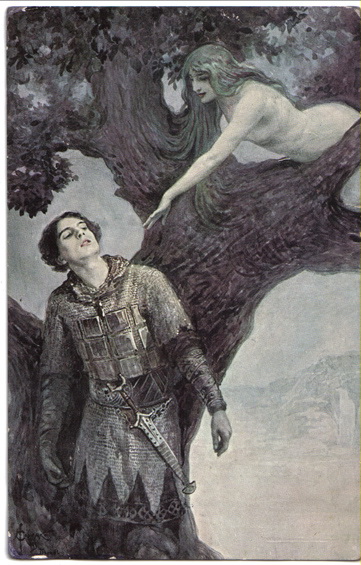
Not doing ill is a first step toward doing good.
Self-restraint is the avoidance of harmful actions, as expressed by “thou shalt not kill.” Strict pacifists are committed to following this rule to the letter. Most people follow a looser interpretation of the idea, which allows harm to be done in the interests of justice, for example, in self-defense.
A closely related concept is non-maleficence. “The principle of nonmaleficence is based on the obligation to not inflict harm, perhaps most widely recognized as the maxim ‘first do no harm’ . . .” In medicine: “Nonmaleficence is the obligation of a physician not to harm the patient. This simply stated principle supports several moral rules − do not kill, do not cause pain or suffering, do not incapacitate, do not cause offense, and do not deprive others of the goods of life.” In everyday life, most of us do not assume comparable obligations to others, as medical care providers do to patients. In medicine, self-restraint does not capture the idea. Still, we can apply the idea to everyday life.
Real
True Narratives
From the dark side:
- Adam Morris, American Messiahs: False Prophets of a Damned Nation (Liveright, 2019): “All were charismatic prophets who dissented from traditional Christianity — and claimed, in one way or another, to represent God himself.”
Technical and Analytical Readings
Photographs
Documentary and Educational Films
From the dark side:
- Blackfish, about greed and inhumanity in the capture and enslavement of Orcas at Seaworld, and how Seaworld duped young trainers and the public, for profit
Imaginary
Fictional Narratives
Poetry
Music: Composers, artists, and major works
Gregorian chant reflects an attempt within the medieval Catholic Church to civilize the human spirit. It reflects the Church’s view of human nature, and of sin, giving chant its narrowly confined structure. The beautiful, sometimes haunting music reflects the internal struggle with evil. The art form has gained a following in popular culture, beginning in 1930, when Chœur des Moines de l'Abbaye Saint-Pierre de Solesmes recorded twelve tracks of chant (the link is to their extensive playlist on YouTube). Other groups, with links to their playlists (some of which extend outside Gregorian chant), are The Benedictine Monks of Santo Domingo de Silos, Choeur des moines de l'abbaye Notre Dame de Fontgombault, The Benedictine Nuns of Notre-Dame de l'Annonciation, Le Barroux, Monastic Choir Of Our Lady Of Clear Creek Abbey, Schola Hungarica, Schola Gregoriana Pragensis, Nova Schola Gregoriana, and Scola Metensis. Here are additional links to a Gregorian chant rosary, and medieval carols.
Books on Gregorian chant:
- David Hiley, Gregorian Chant (Oxford University Press, 2010).
- Daniel Saulnier, Gregorian Chant: A Guide to the History and Liturgy (Paraclete Press, 2009).
- Jacques Huerlier, Reflections on the Spirituality of Gregorian Chant (Paraclete Press, 1995).
- Pierre Combe, The Restoration of Gregorian Chant (The Catholic University of America Press, 2008).
- Richard L. Crocker, An Introduction to Gregorian Chant (Yale University Press, 2000).
Wolfgang Amadeus Mozart, Die Entführung aus dem Serail (The Abduction from the Seraglio, also known as Il Seraglio), K. 384 (1782) (approx. 115-145’) (libretto): in the end, the ruler Selim allows the abducted to go free, instead of having them executed. Performances with video are conducted by Gülke in 1977, Solti in 1988, Mehta in 2002, Korsten in 2006, and Böhm. Top audio-recorded performances are conducted by Beecham in 1958, Jochum in 1965, Krips in 1966, Colin Davis in 1978, Solti in 1986, Hogwood in 1991, Gardiner in 1991, and Jacobs in 2015.
Other works:
- Schubert, String Quartet No. 3 in B-flat Major, D. 36 (1813) (approx. 26-27’)
Albums:
- Joseph Tawardos, “Betrayal of a Sacred Sunflower” (2019) (66’): “For this album I wanted to explore silences. It’s about restraint, surrounding myself with artists that know more about space than I do, exploring where could go in that context.”
Music: songs and other short pieces
- James Bay, "Hold Back the River" (lyrics)
- Pink, "Don't Let Me Get Me" (lyrics)